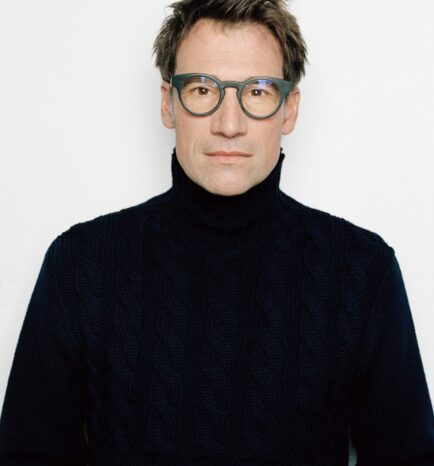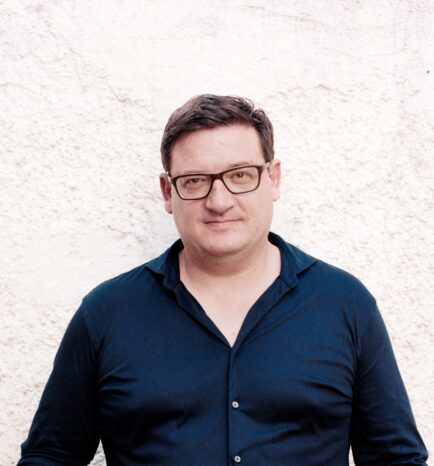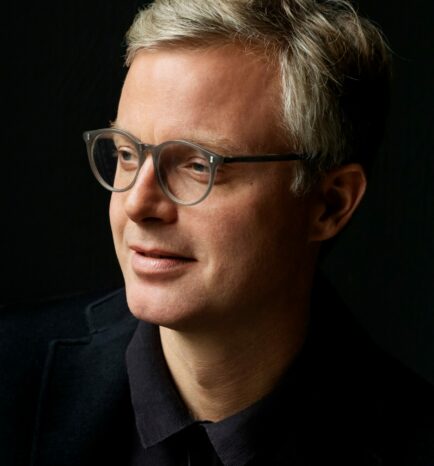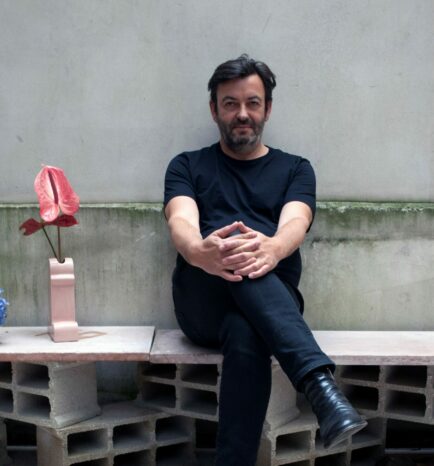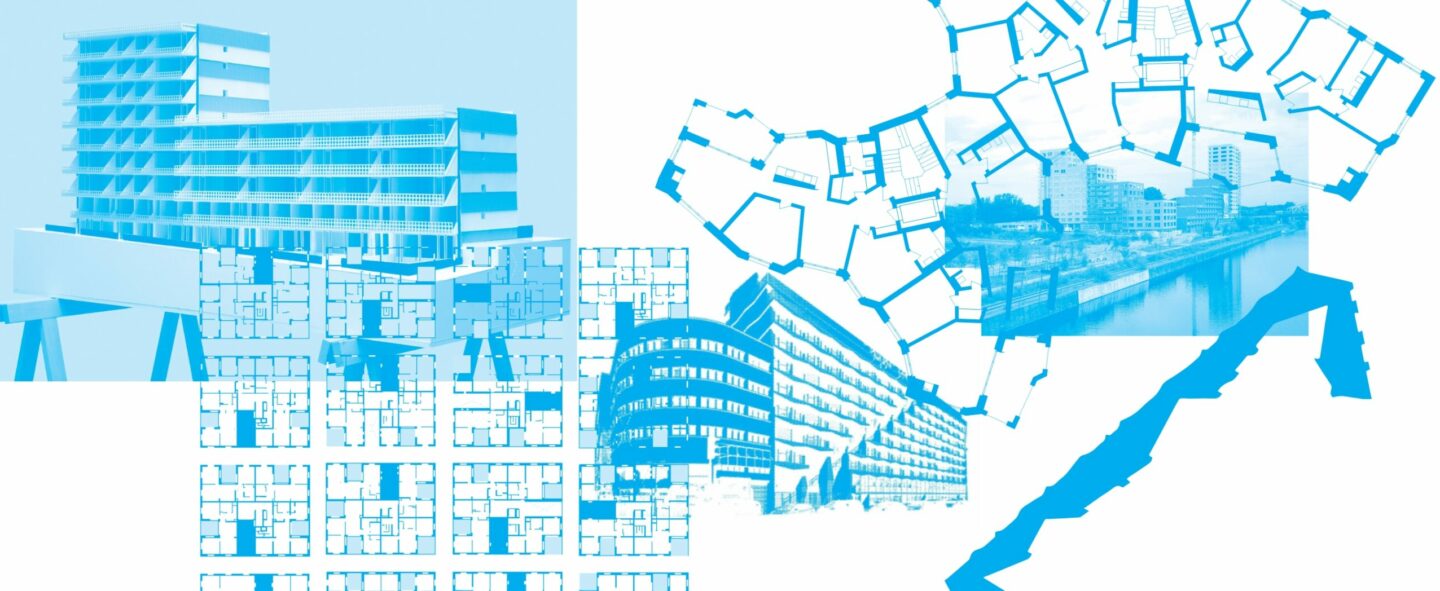
Housing is a universal challenge, and yet it is often perceived as a narrowly defined problem, dominated by such forces as a rationalized construction industry, restrictive policies and codes, or volatile real estate markets and their supporting instruments. Without a doubt, the housing question is intricately tied to global economic as well as local sociocultural and political forces. With an interest in the potential of housing as an architectural challenge, this symposium will showcase the work of six architects active in and around Switzerland. It will offer perspectives on housing that transcend the frequent divide between social responsibility and profit maximization, reflecting programmatic and formal speculations that are responsive at all scales, and address technical and cultural challenges in architectural terms.
Housing is all too often neglected as a design problem in the United States. Its advancement is often left to investors and developers who treat housing as a commodity, to be depreciated over only fifteen years. The shifting dynamics of this market are particularly evident in a polycentric urban agglomeration like Houston, the fourth largest and one of the most diverse cities in the United States. Revised models of inhabitation are needed that offer attractive housing opportunities for all social strata, in proximity to workplaces and public infrastructures, and consequently with a reduced dependency on the car as a mode of transportation. What if we designed and built more responsibly, with fewer resources, and for a shared future beyond the cycle of fifteen years?
This symposium aims to expose local architects, community stakeholders, as well as students to alternative approaches and research on the housing question. The critical assessment of the discussed models and practices, and their potential adaptation and adoption under the crucial consideration of local socio-economic, political, environmental, and cultural forces, will contribute to an expanding discourse on contemporary dwelling in Houston and beyond.
Program
Thursday, March 2 – 1:00-6:00pm
- More Than Fifteen Years—Introduction | Reto Geiser (Associate Professor, Rice Architecture)
- On Collectivity | Presenter: Éric Lapierre (CH), Respondent : Troy Schaum (Associate Professor, Rice Architecture)
- On Community | Presenter: Christian Inderbitzin (CH), Respondent: Jesús Vassallo (Associate Professor, Rice Architecture)
- On Sociality | Presenter: Sophie Delhay (CH), Respondent: Scott Colman (Assistant Professor, Rice Architecture)
Friday, March 3 – 1:00-6:00pm
- On Efficiency | Presenter: Oliver Lütjens (CH), Respondent: Brittany Utting (Assistant Professor, Rice Architecture)
- On Adaptability | Presenter: Simon Hartmann (CH), Respondent: Andrew Colopy (Associate Professor, Rice Architecture)
- On Typology | Presenter: Emanuel Crist (CH), Respondent, Albert Pope (Professor, Rice Architecture)
Friday, March 3 – 6:00pm
- Roundtable | More Than Fifteen Years–What About Houston?
- Kevin Batcherlor | Senior Managing Director, Hines
- Ryan Levasseur | Managing Director, Real Estate Development, Rice Management Company
- Elaine Morales | Director, Partnerships & Policy, Connective; Board Member, Houston Community Land Trust
- George Ristow | University Architect, Rice University
- Eva Thibaudeau | Chief Executive Officer, Temenos CDC
- Reto Geiser (moderator) | Rice Architecture
Presenters
-
![]()
Bio
Sophie Delhay
Sophie Delhay Architecte, Paris; EPFLSophie Delhay is an architect practicing in Paris and teaching at the EPF Lausanne. She researches new patterns of use for housing standards with her geometrically experimental way of working applied to residential construction. Her architecture makes “living together” a project lever from which the landscape, the city, and the architecture can take shape.
Photo credit © Sydney Caron
-
![]()
Bio
Emanuel Christ
Christ & Gantenbein, Basel; ETH ZurichEmanuel Christ is an architect practicing in Basel and teaching at ETH Zurich and Harvard GSD. He co-founded Christ & Gantenbein in Basel in 1998. Their work ranges from residential projects to large-scale urban schemes and includes the renovation and expansion of the Swiss National Museum in Zurich and the Kunstmuseum Basel.
Photo credit © Lukas Wassmann
-
![]()
Bio
Simon Hartmann
HHF Architects, Basel; Karlsruhe Institute of TechnologySimon Hartmann is a principal and founding partner of the Swiss architecture firm HHF Architects, based in Basel. Their scope of work ranges from urbanism and large-scale construction to public pavilions and interior design. Hartmann is the Chair of Planning and Design at the Department of Architecture at the Karlsruhe Institute of Technology.
-
![]()
Bio
Christian Inderbitzin
Edelaar Mosayebi Inderbitzin Architekten, Zurich; Karlsruhe Institute of TechnologyChristian Inderbitzin is a Zurich-based architect and teaches at the Karlsruhe Institute of Technology. He is a co-founder of Edelaar Mosayebi Inderbitzin Architekten. Their work includes building projects, urban planning, exhibitions, and publications. Residential construction is a focal point in research, teaching, and practice.
Photo credit © Anne Morgenstern
-
![]()
Bio
Éric Lapierre
EXPERIENCE, Paris; EPFLÉric Lapierre is an architect, teacher, theoretician, writer, and curator based in Paris. He is a co-founder of the award-winning firm Experience. He teaches at EPF Lausanne and the École d’architecture Paris-Est. In 2019, he was Chief Curator of the Lisbon Architecture Triennial.
-
![]()
Bio
Oliver Lütjens
Lütjens Padmanabhan Architekt*innen, Zurich; Harvard GSDOliver Lütjens is an architect based in Zurich and currently teaching at the Harvard GSD. He co-founded Lütjens Padmanabhan Architekt*innen in 2007. The practice’s recent work focuses on housing in the residential districts surrounding Zurich and Basel. Projects also include the new residence of the Swiss Ambassador in Algiers and the new Consulate General of Switzerland in Stuttgart.
Photo credit © Walter Mair
Partners
More Than Fifteen Years: Six Takes on Housing After the Neoliberal Turn is organized by Associate Professor Reto Geiser, Rice University School of Architecture, with the Consulate General of Switzerland in Atlanta, in partnership with Swissnex in Boston and New York and Presence Switzerland, and with support from Schindler and Rice Architecture.

